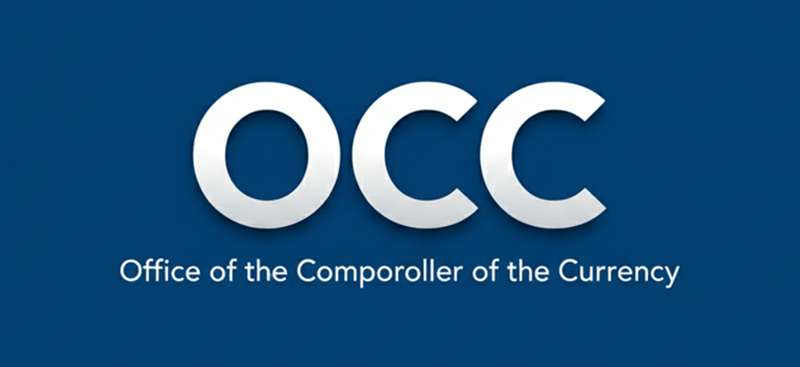TL;DR
- Erebor, a startup backed by Peter Thiel, has obtained conditional federal banking approval in the U.S.
- The new entity aims to fill the void left by Silicon Valley Bank, serving crypto, AI, and technology startups.
- The OCC’s decision reflects a more favorable regulatory shift towards digital assets in the country.
The United States financial system is about to welcome a new and significant player, an action that will mark a before and after for the integration of digital assets.
Erebor, a financial startup backed by billionaire Peter Thiel, has received conditional approval from the Office of the Comptroller of the Currency (OCC) to operate as a national bank.
This decision is one of the most important in the sector since the 2023 regional banking crisis and signals a shift in the regulators’ stance.
Erebor has a clear objective: to become the go-to financial institution for the “innovation economy,” offering services to cryptocurrency and artificial intelligence companies as well as other tech startups that have had difficulty accessing traditional banking.
The entity aims to position itself as a low-risk lender and fill the void left by the collapse of Silicon Valley Bank, a financial pillar for the tech sector. The approval of crypto bank Erebor is the first step in realizing this vision.

A New Era for Crypto Banking in the U.S.
The green light from the OCC, although preliminary, is a transformative event. It allows Erebor to begin operations once it meets a series of compliance and security requirements, a process that could take several months. This move is interpreted as a reflection of the current regulatory environment in the U.S., which has become more receptive to innovation in the digital asset space.
The approval of crypto bank Erebor is not an isolated event but part of a trend seeking to integrate digital finance into the federal banking system in a safe and sound manner.
With this achievement, Erebor is not only preparing to offer traditional banking products but also services related to virtual currencies, such as custody and facilitating transactions with stablecoins. The measure could facilitate access to capital for thousands of startups and strengthen the infrastructure that connects traditional finance with the growing digital asset ecosystem, ushering in a new stage of legitimacy and growth for the crypto industry.







